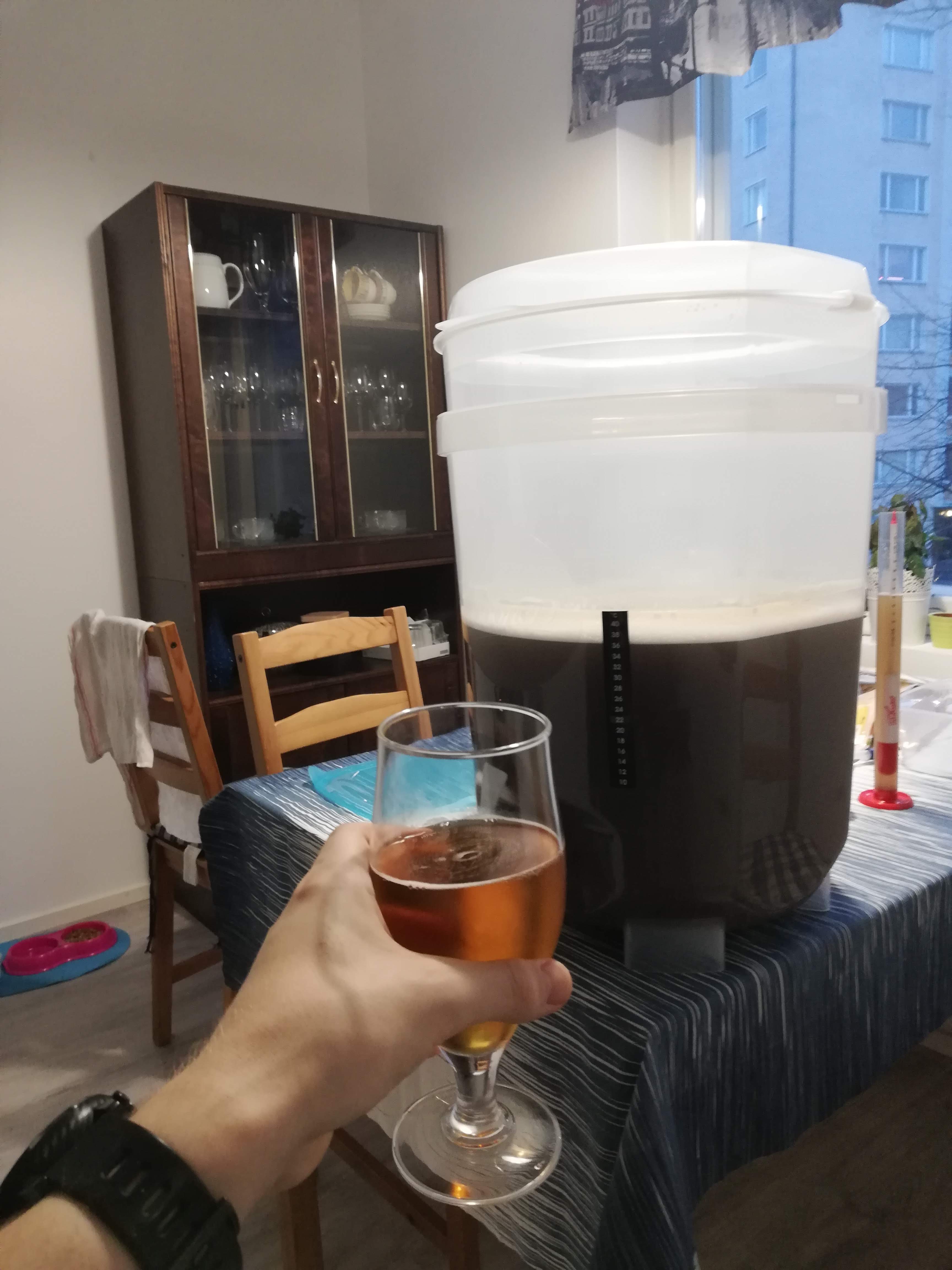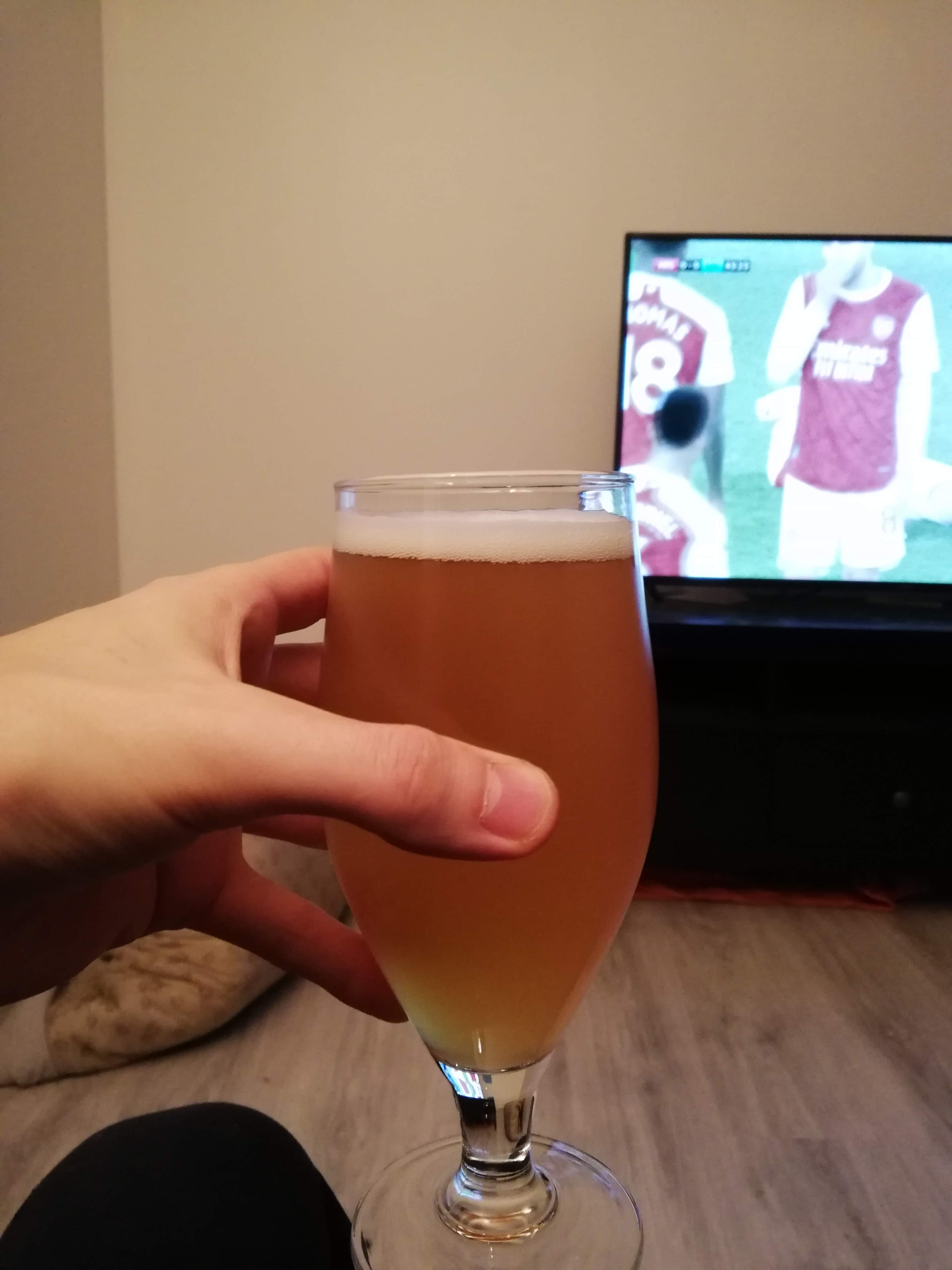Haha yeah, sorry. I figured it would not make too much difference but you can never be too sure. Like I was thinking if the water volume somehow is not enough to contain all the stuff that comes out of the hops? XD I dunno. But you are right, I do overthink things. But thanks for confirming stuff for me anyway. I'm sure it's not easy keeping calm when I ask so much and so frequentlyThanks again
EDIT: The water volume part was aimed at 5L vs 4L. I got confused as to what part I was overthinking lol
The basic idea is not so wrong, there is a certain limit how much of the isomerized alpha acids (aka the ibus) can be dissolved in a defined volume of water. There are factors that lower these maximum ibus per amount of water and the biggest factor is what else is solved in the water besides the stuff that comes out of the hops. The more proteins and sugars are already in the water, the less ibus it can keep. This is why a hop tea in water only, without any extract or malt in it, is so good. Wort (water with extract) can solve something around 100 ibus max. This would not be enough, if you have to dilute this by the factor 4..... but water without anything can solve muuuuch more ibus. I tried this myself multiple times, it really makes a huge difference.
















![Craft A Brew - Safale BE-256 Yeast - Fermentis - Belgian Ale Dry Yeast - For Belgian & Strong Ales - Ingredients for Home Brewing - Beer Making Supplies - [3 Pack]](https://m.media-amazon.com/images/I/51bcKEwQmWL._SL500_.jpg)












































